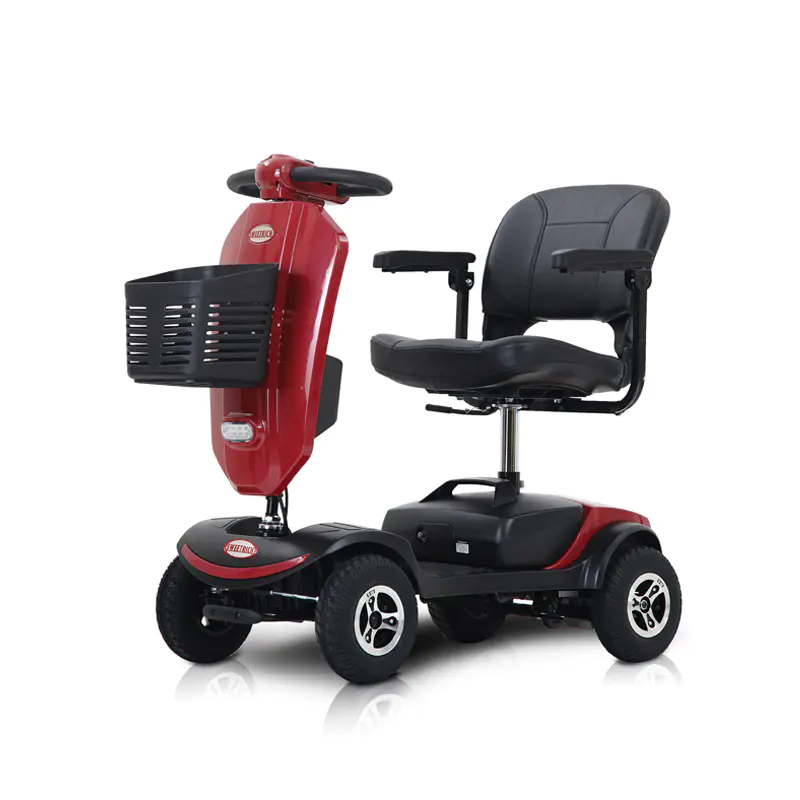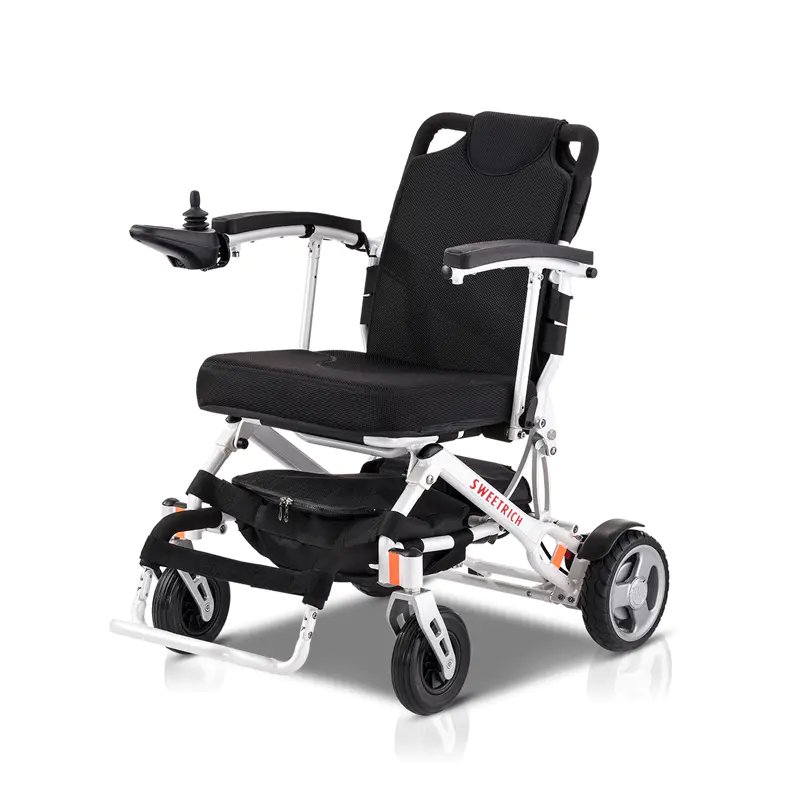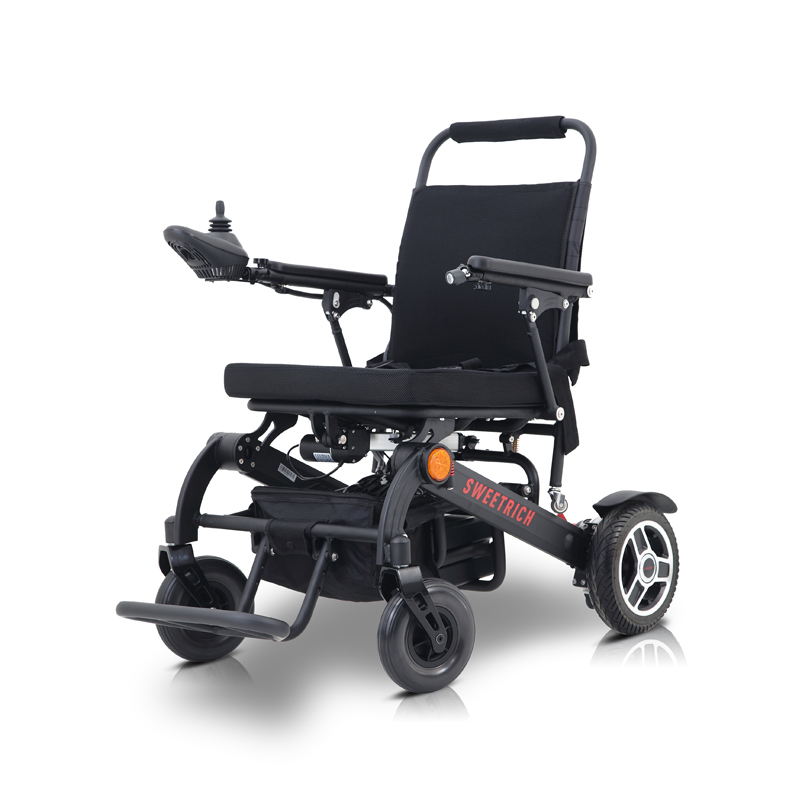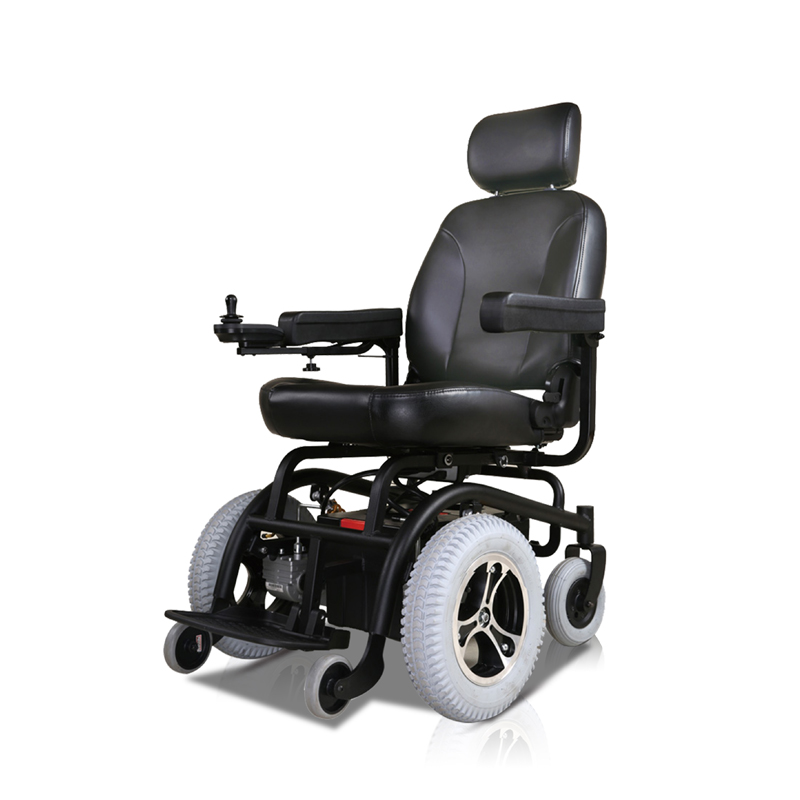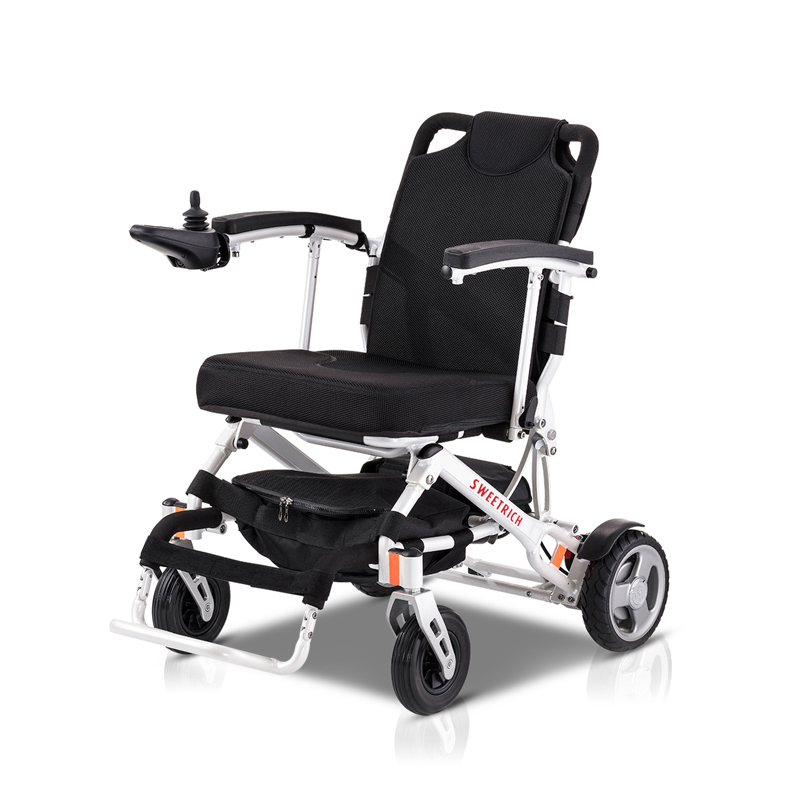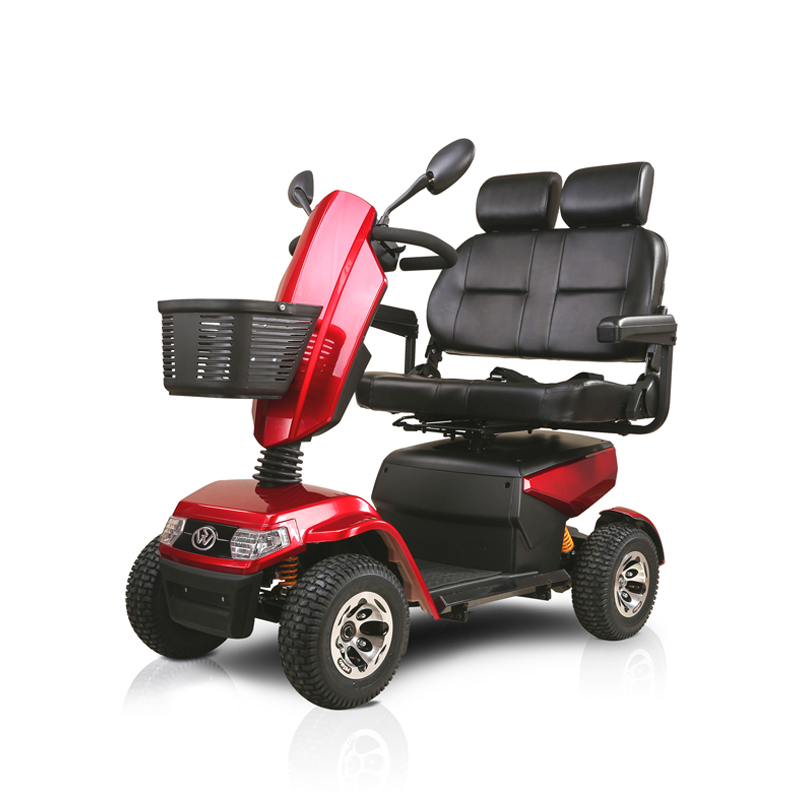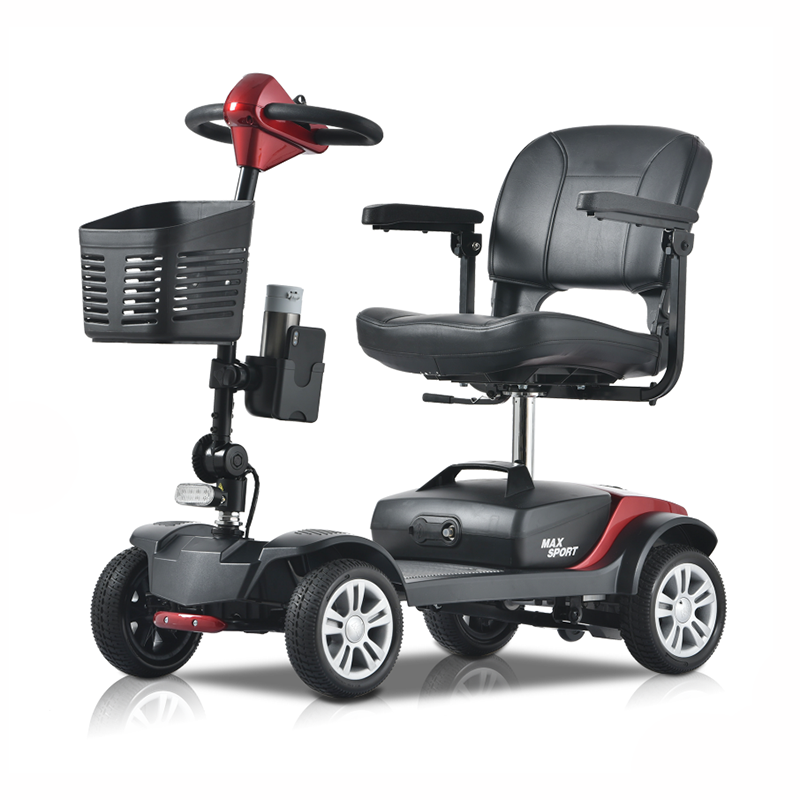The global wheelchair industry is evolving rapidly, influenced by aging populations, growing demand for mobility aids, and advances in design and technology. For a Wholesale Wheelchair Manufacturer, this transformation offers both opportunities and challenges. As the number of older adults increases worldwide, and as healthcare systems emphasize independence and accessibility, manufacturers are required to deliver innovative, sustainable, and adaptable products that meet the diverse needs of users across regions.
Population aging remains one of the strongest forces driving demand. With more people over the age of 65 than ever before, mobility solutions have become a cornerstone of daily life. Wheelchairs are essential tools for ensuring independence, social participation, and overall well-being. At the same time, rising cases of chronic conditions such as arthritis, spinal injuries, and neurological disorders have increased the need for advanced mobility solutions. Manufacturers are responding by expanding product portfolios to include manual, powered, lightweight, and specialized wheelchairs.
Lightweight design has emerged as one of the significant trends in this industry. Traditional models, while functional, could be heavy and difficult to transport. Advances in materials such as aluminum alloys and carbon fiber now allow manufacturers to create wheelchairs that are strong yet easier to maneuver. This development not only improves convenience for users and caregivers but also reduces energy consumption in production and logistics, contributing to more sustainable manufacturing practices. The focus on lighter construction is particularly valuable in supporting portability and long-term usability for active users.
In parallel, smart technology is reshaping what users expect from their mobility devices. Wheelchairs are increasingly being equipped with intelligent features, such as powered assistance, app-based controls, and health monitoring systems. These innovations enhance user independence by allowing seamless navigation, tracking movement data, and even providing remote support for caregivers. Smart connectivity also integrates wheelchairs into broader healthcare ecosystems, enabling more responsive and personalized care.
The integration of lightweight design and smart technology highlights a larger shift in the industry: wheelchairs are no longer just assistive devices but multi-functional lifestyle tools. Adjustable seating, modular structures, and customizable digital features allow for a higher degree of personalization. For wholesale wheelchair manufacturers, this means balancing efficiency in production with the flexibility needed to serve diverse global markets, from hospitals and rehabilitation centers to individual consumers seeking tailored solutions.
Geographic factors further shape the market. In North America and Europe, consumers prioritize advanced, high-tech wheelchairs with modern features. In contrast, emerging markets in Asia-Pacific demand durable and affordable options while beginning to embrace smart functions at accessible price points. Wholesale wheelchair manufacturers must adapt strategies to meet these regional differences while maintaining consistent quality and safety standards.
Sustainability is another critical consideration. Companies are exploring recyclable materials, greener production processes, and energy-efficient supply chains to meet environmental regulations and appeal to eco-conscious buyers. Sustainable practices also strengthen long-term brand value, ensuring that manufacturers remain competitive in a market where responsibility and innovation are increasingly intertwined.
Sweetrich has embraced these global trends by combining advanced engineering with sustainable principles to deliver high-quality mobility solutions. As a trusted wholesale wheelchair manufacturer, Sweetrich focuses on lightweight materials, smart technology integration, and eco-friendly production. By aligning innovation with user needs and environmental responsibility, Sweetrich continues to support distributors, healthcare providers, and individuals in improving accessibility and enhancing quality of life worldwide.

